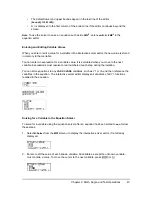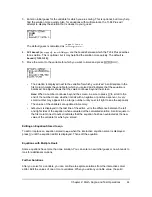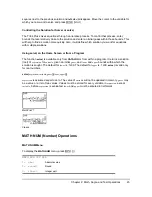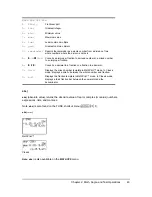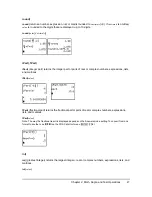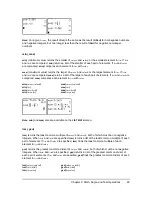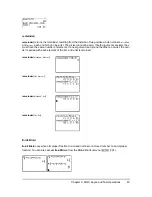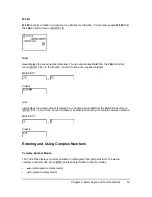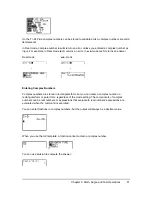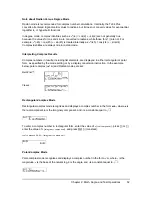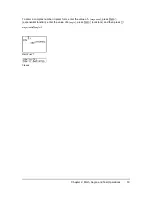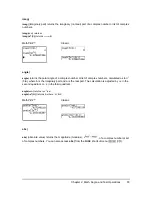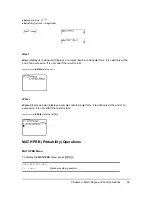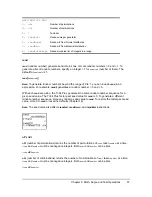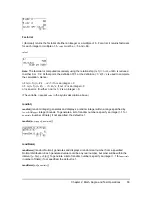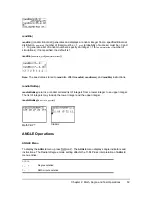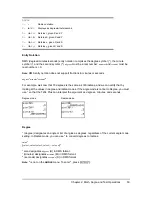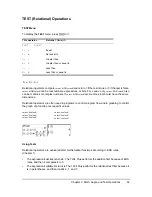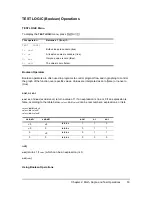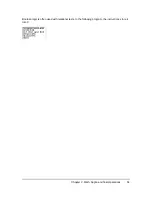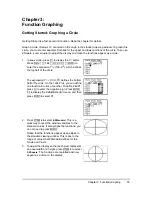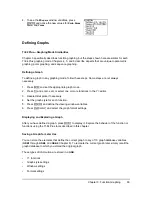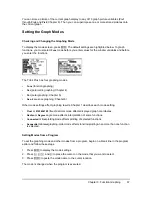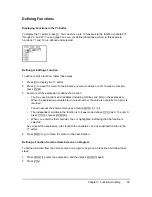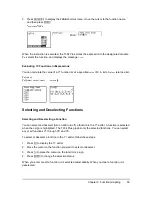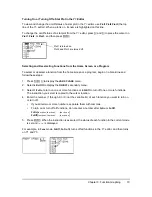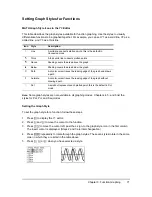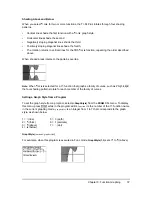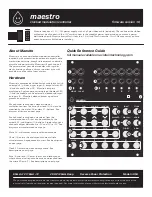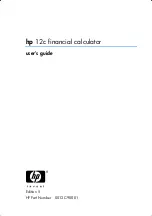
Chapter 2: Math, Angle, and Test Operations
57
rand
rand
(random number) generates and returns one or more random numbers > 0 and < 1. To
generate a list of random-numbers, specify an integer > 1 for
numtrials
(number of trials). The
default for
numtrials
is 1.
rand
[
(
numtrials
)
]
Note:
To generate random numbers beyond the range of 0 to 1, you can include
rand
in an
expression. For example,
rand5
generates a random number > 0 and < 5.
With each
rand
execution, the TI-84 Plus generates the same random-number sequence for a
given seed value. The TI-84 Plus factory-set seed value for
rand
is 0. To generate a different
random-number sequence, store any nonzero seed value to
rand
. To restore the factory-set seed
value, store 0 to
rand
or reset the defaults (Chapter 18).
Note:
The seed value also affects
randInt(
,
randNorm(
, and
randBin(
instructions.
nPr, nCr
nPr
(number of permutations) returns the number of permutations of
items
taken
number
at a time.
items
and
number
must be nonnegative integers. Both
items
and
number
can be lists.
items
nPr
number
nCr
(number of combinations) returns the number of combinations of
items
taken
number
at a time.
items
and
number
must be nonnegative integers. Both
items
and
number
can be lists.
items
nCr
number
2:
nPr
Number of permutations
3:
nCr
Number of combinations
4:
!
Factorial
5:
randInt(
Random-integer generator
6:
randNorm(
Random # from Normal distribution
7:
randBin(
Random # from Binomial distribution
8:
randIntNoRep(
Random ordered list of integers in a range
MATH NUM CPX PRB

